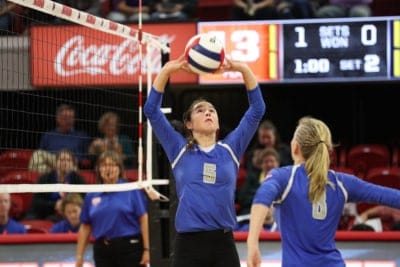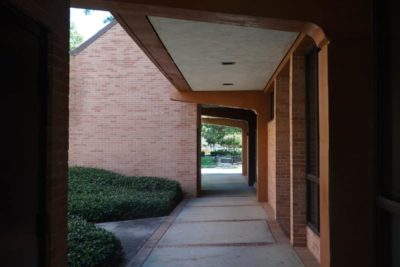Appalachian State University strives to open possibilities for our students, our society, and our planet by empowering human potential.
As educators we have a clear responsibility to ensure our doors are open to students, many of whom may not believe a college education is within their reach.
A recent paper published by The Hunt Institute reported that 38 percent of jobs in the United States are at risk of automation in the coming years and less educated individuals will face lower compensation and a scarcity of jobs as they compete in the workforce. Between January 2010 and January 2016, the U.S. economy added 11.5 million jobs, with 99 percent of those jobs going to individuals with at least some college education. Globally, the competition is equally stiff.
As the premier, public undergraduate education institution in North Carolina and a national leader in higher education, Appalachian has committed to increasing the number of qualified students who are first-generation college, low socio-economic status, and students from the Appalachian region to 20 percent of total graduates by 2022.
Our position to recruit is excellent: Diversity of students is a long-time initiative at Appalachian and we can report retention rates 20 percentage points higher than the national average (and six-year graduation rates at 30 percent higher than the national average). Once enrolled, established systems, personnel, and strategies are in place to ensure students have the help they need to succeed academically, financially, and emotionally.
Recruiting brings challenges. Historic and cultural obstacles deter first-generation, low-income, and rural students from even considering a path to college. Some obstacles regularly cited include fear of leaving the familiar, concern about abandoning “family traditions,” and, of course, the financial obligations. We hope to overcome these obstacles, one student at a time, through collaboration with high schools and community colleges, community engagement, grants, and scholarships.
High schools and community colleges are already making inroads. The percentage of high school students taking college-level courses has almost tripled in the last three years, up from 3.3 percent in 2014 to 8.9 percent in 2017. And programs like Gear UP and summer bridge programs like Appalachian’s SOAR are helping students connect early with an institution of higher education and become more engaged in the idea of a college degree.
Through our newly opened laboratory school in Winston-Salem, we are reaching out to an even younger demographic. Appalachian’s Academy at Middlefork for elementary school students grades K – 5 opened for class this past August. The academy is a center for innovation, research, and teaching excellence for our student teachers, and for a body of 300+ new students who are beginning what we hope will be a lifelong relationship with an institution of higher learning.
At Appalachian, we are empowering human potential, one student at a time.
[1] https://www.nccommerce.com/research-publications/incentive-reports/county-tier-designation
Editor’s note: This perspective was first published by The Hunt Institute. It has been posted with the author’s permission.





